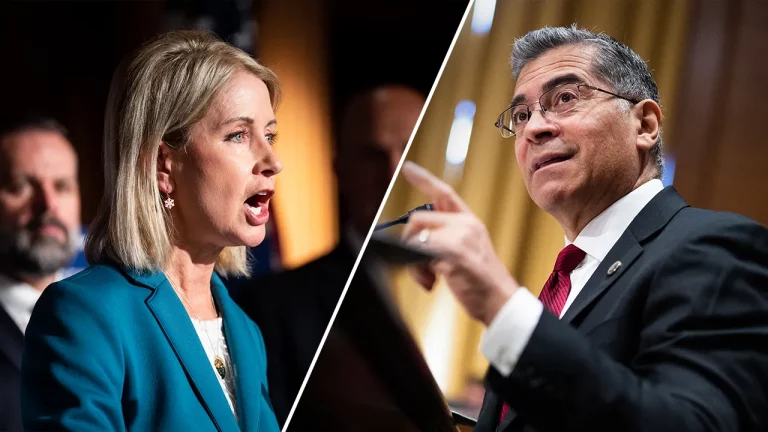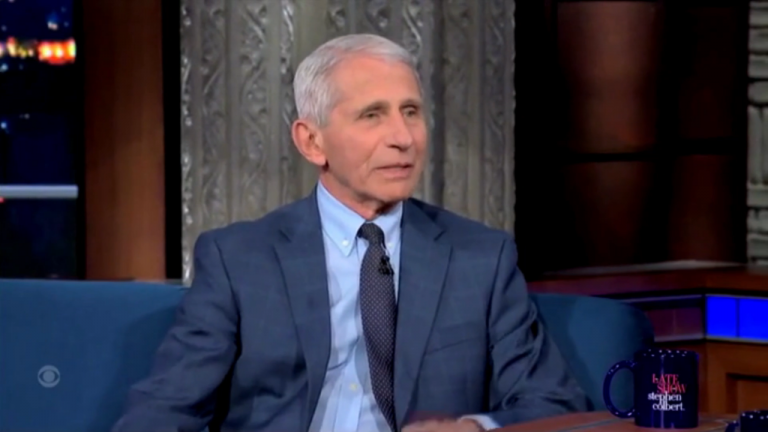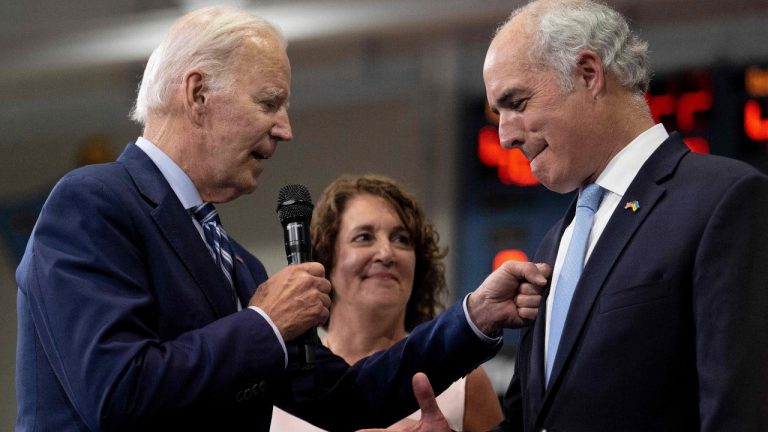Republican lawmakers in Democratic-leaning states criticize the governor for unexpectedly raising the budget deficit by $7 billion.
Democratic Gov. Gavin Newsom of California is currently facing backlash from his Republican counterparts following his revelation that the state’s budget deficit is actually $7 billion more than his original estimates, bringing the total shortfall to nearly $74 billion. This announcement has sparked criticism and concern among lawmakers, as they believe Newsom played a role in creating this dire financial situation.
In January, Newsom initially projected a budget deficit of $38 billion, despite the Legislative Analyst’s Office (LAO) estimating it to be closer to $45 billion. However, last Friday, Newsom revised the budget and aligned his projections with the LAO’s estimates, forecasting a deficit of $73.3 billion through 2024-25 and an additional $28.4 billion in 2025-26. This substantial increase in the projected deficit has raised alarms about California’s financial stability moving forward.
Newsom also announced significant budget cuts, including slashing over 10,000 government positions, reducing state operations by 8%, and eliminating funding for progressive climate programs. While some view these actions as necessary measures to address the deficit, critics argue that Newsom’s approach lacks long-term sustainability and relies on potentially unreliable strategies.
In 2022, Newsom signed a $301 billion budget into law, boasting a $97 billion surplus and allocating funds for critical initiatives such as climate change, homelessness, and education. However, just two years later, the state finds itself grappling with a staggering deficit, emphasizing the volatile nature of California’s revenue sources and the challenges of managing a complex and fluctuating budget.
The economic slowdown in California, exacerbated by record-high unemployment rates and a notable decrease in job growth, is a primary factor contributing to the budget deficit. Additionally, the state’s loss of businesses and residents to more tax-friendly states has further strained revenue generation, particularly as California heavily relies on income taxes as a major revenue source.
Vince Fong, a Republican vice chair on the state’s assembly budget committee, highlighted the drastic shift in California’s financial standing under Newsom’s leadership, citing the state’s journey from a $98 billion surplus to declaring a ‘fiscal emergency’ with massive deficits within a short timeframe. Fong and other GOP lawmakers have criticized Newsom for what they perceive as fiscal mismanagement and inadequate long-term planning.
Furthermore, California experienced its first population decline in 2020, coinciding with the strict lockdown measures imposed during the COVID-19 pandemic. The state lost over half a million residents from January 2020 to July 2022, with the number of departures surpassing new arrivals by nearly 700,000. This significant demographic shift indicates broader challenges facing the state beyond its financial woes.
Despite the mounting pressure and scrutiny, Newsom remains optimistic about navigating the state’s financial challenges. He acknowledges the complexities inherent in California’s tax structures, emphasizing the benefits of progressive tax systems during prosperous periods while acknowledging the difficulties during economic downturns.
In conclusion, Gov. Gavin Newsom’s handling of California’s budget deficit has sparked intense debate and raised concerns about the state’s financial future. As lawmakers grapple with the implications of a $74 billion deficit, the need for strategic and sustainable budgetary decisions becomes increasingly apparent. The coming months will be crucial in determining how California addresses its financial woes and steers towards a more stable and prosperous economic path.








